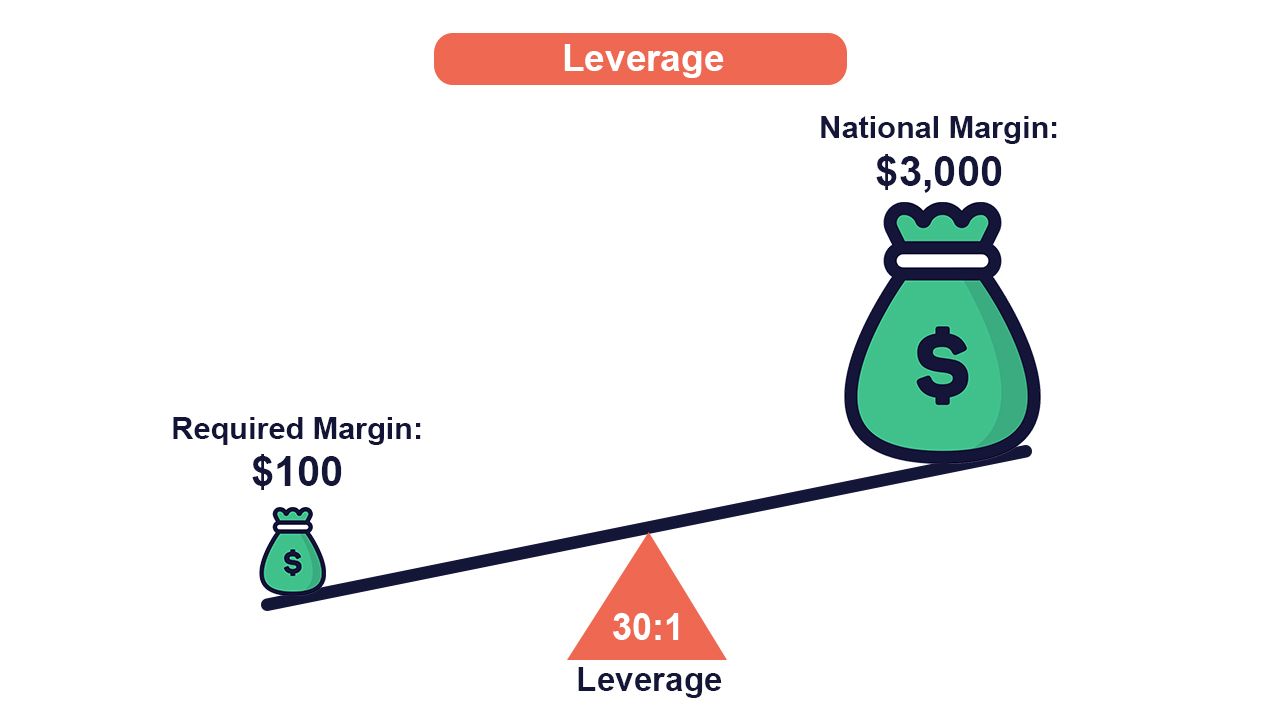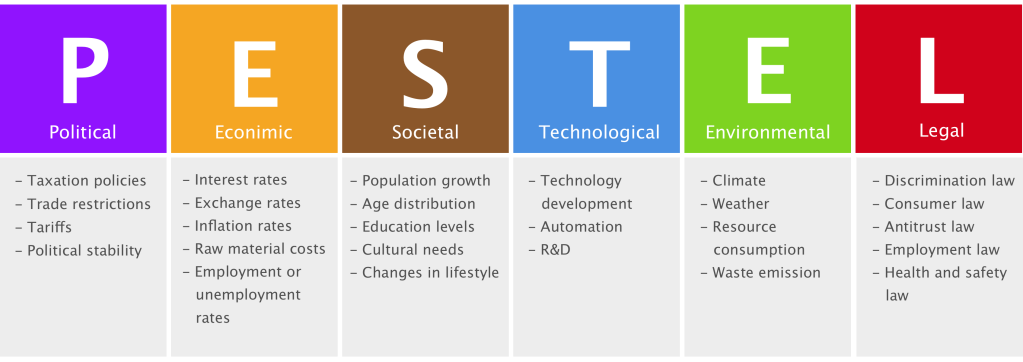Dictionary For Financial Terms
Section One
“Accounting”

Debt
Corporate debt.


Net Working Capital (NWC)
Measurement of financial health.


Cash Flow From Operations
A section in cash flow statement.


Accounting Overview
A summary on accounting.


Balance Sheet
One of the three financial statements.


Retained Earnings
An item under equity section.


Account Receivable
An item in current asset.


Cash Flow Statement
One of the three financial statements.


Dividend
A "reward" to shareholders.

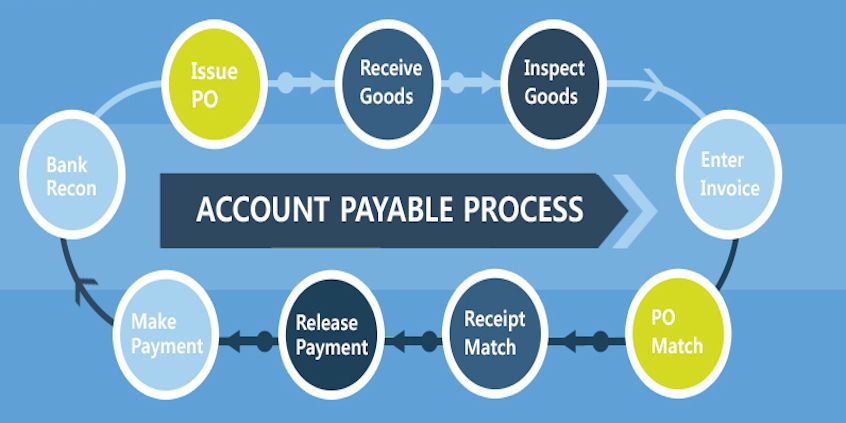
Account Payable
An item under current liabilities.


Income Statement
One of the three financial statements.


Depreciation
Cost-spreading accounting strategy.


Operating Income & EBIT
Reflects a company's operation.


Amortization
Cost-spreading strategy.


Net Income
An indicator of profitability.

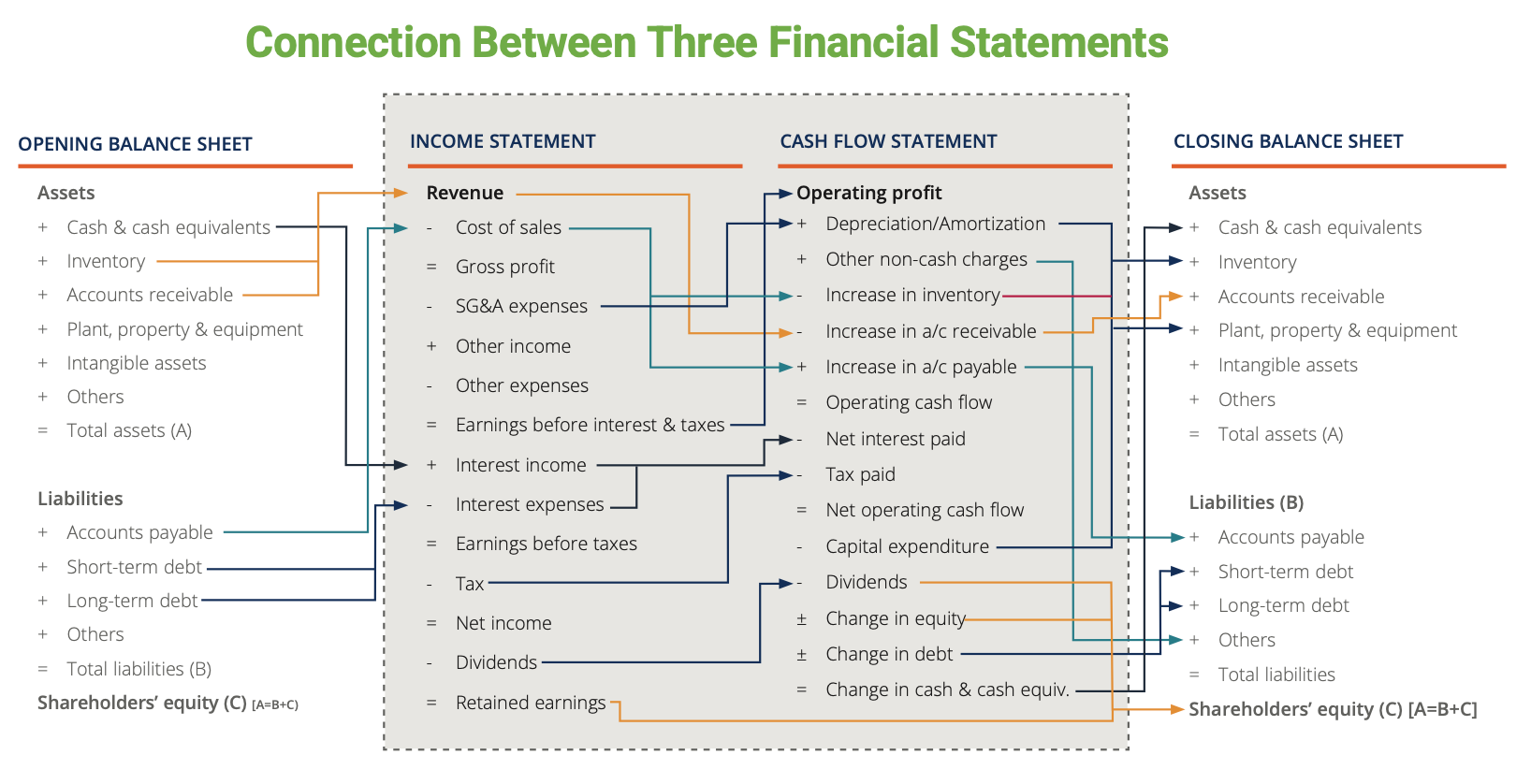
Connect Financials
Relationship in the three statements.


Inventory
An item in current asset.


Revenue
The first item on income statement.


Cash Flow From Investing
A section in cash flow statement.


EBITDA
An item for profitability.


Cash Flow From Financing
A section in cash flow statement.


SG&A
A company's indirect cost.


COGS
COGS: direct cost.


Gross Profit
An indicator for profitability.


PP&E
Property, plant, and equipment.

Section Two
“Valuation”

Internal Rate of Return
A type of discount rate.


EV/EBITDA
A financial valuation metric.


Free Cash Flow (FCF)
Company operation efficiency.


Beta (β)
Measurement of volatility.


Discount Rate
Financial valuation metric.


Earnings Per Share (EPS)
A profitability metric.

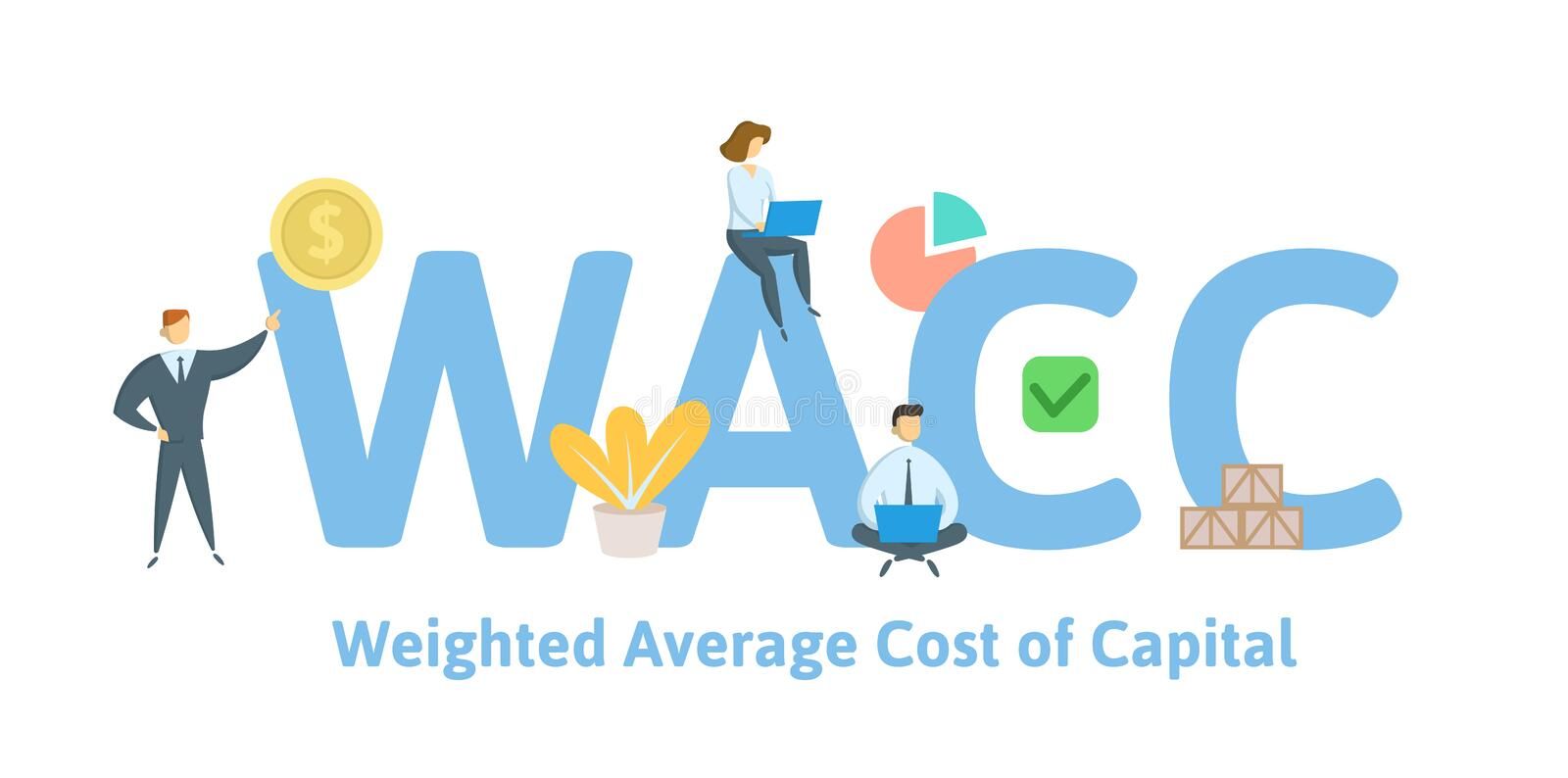
Weighted Average Cost of Capital (WACC)
Discount rate of companies in DCF.


Present Value (PV) and Net Present Value (NPV)
Two calculations in DCF.


Quick Ratio
Financial metric for liquidity.


Alpha (α)
Excess return, abnormal return.


Time Value of Money (TVM)
The foundation for DCF Model.


Price-To-Earning (P/E)
A financial valuation metric.

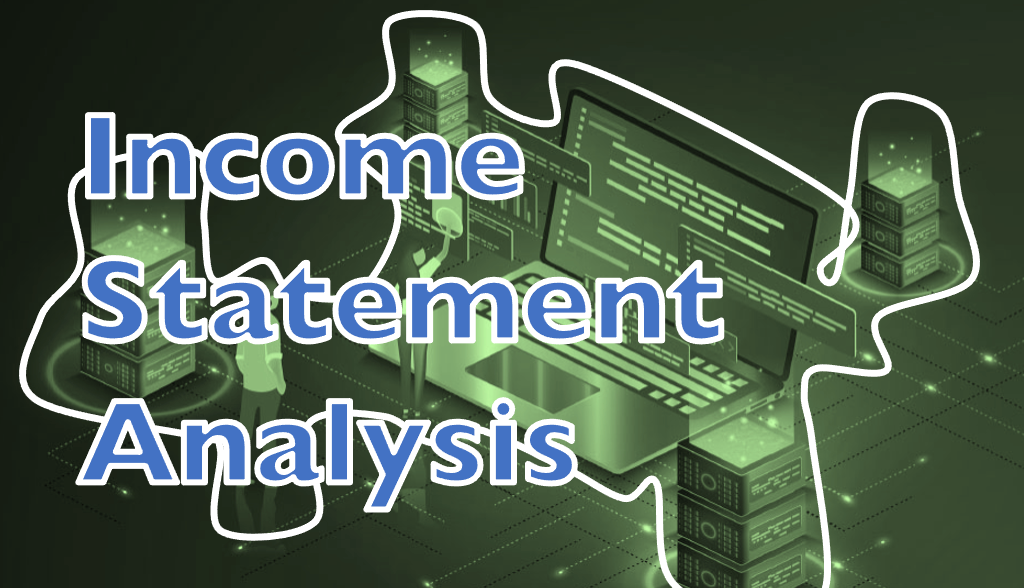
Excel: Income Statement
Breakdown of income statement.


Enterprise Value (EV)
A metric for company's net worth.


Current Ratio
Financial metric for liquidity.


Debt-to-Capital Ratio
Liquidity and leverage ratio.


Risk-Free Rate (Rf)
Zero-risk return.


Price-to-Sales (P/S)
A financial valuation metric.


Corporate Valuation Overview
Introduction to corporate valuation.


Excel: Balance Sheet
Breakdown of balance sheet.


Return On Assets (ROA)
A measurement of profitability.


DCF: Using Excel
Application of DCF.


Return On Equity (ROE)
A measurement of profitability.


Price-to-Book (P/B)
A financial valuation metric.

Section Three
“Trading”
Section Four
“Portfolio”

Types of Risk
Risk-Averse, -Neutral, -Seeking

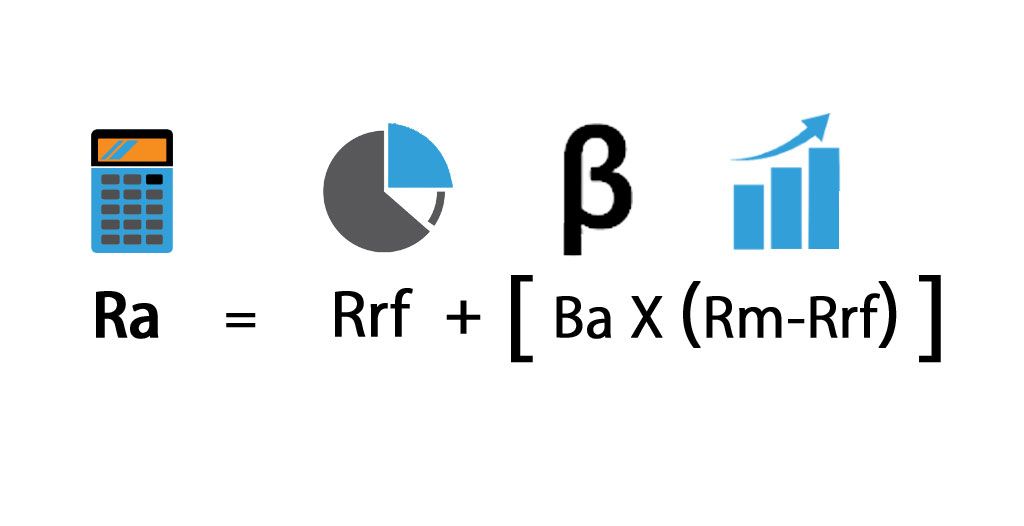
CAPM
Capital Asset Pricing Model

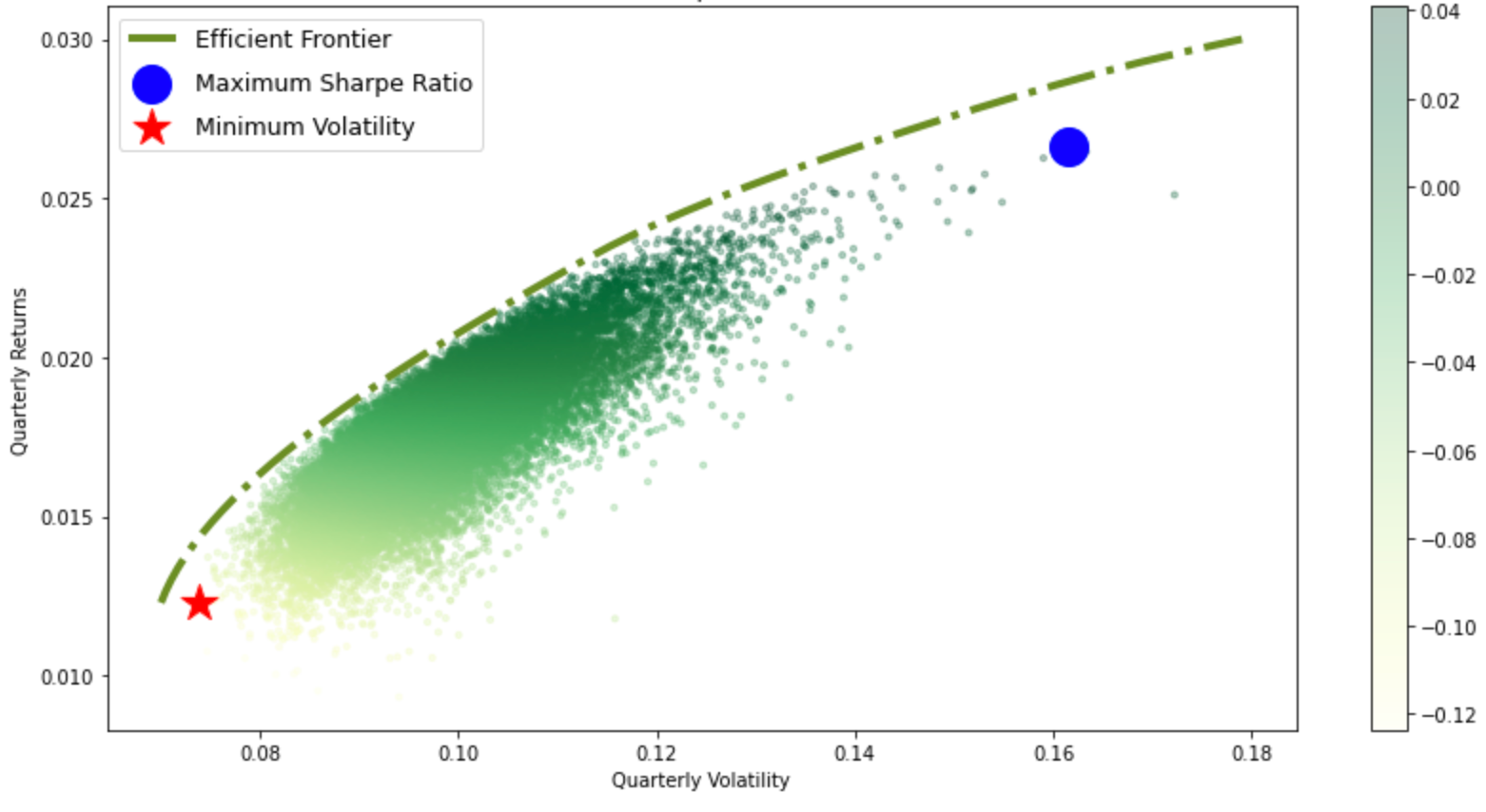
Efficient Frontier
Find efficient portfolio.

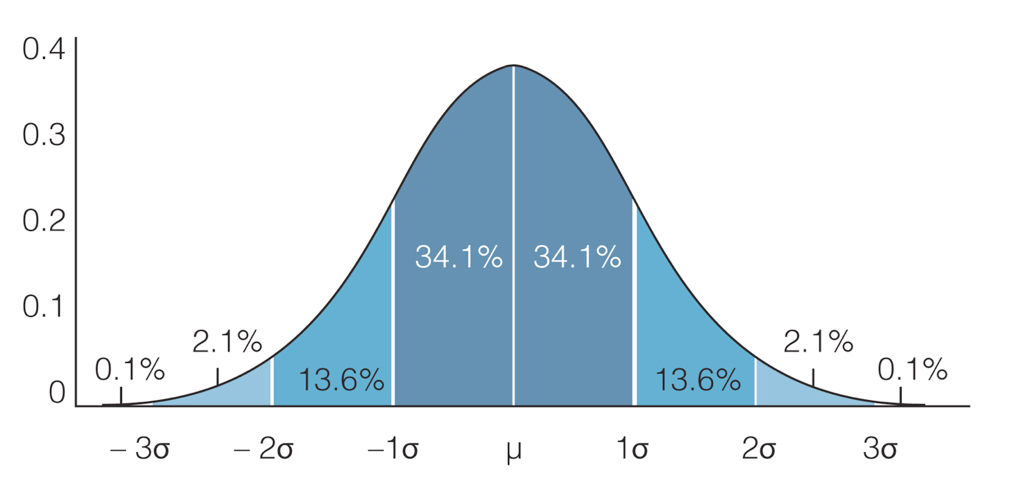
StDev and Correlation
Standard Deviation and Correlation


Portfolio Overview
Overview on portfolio management.

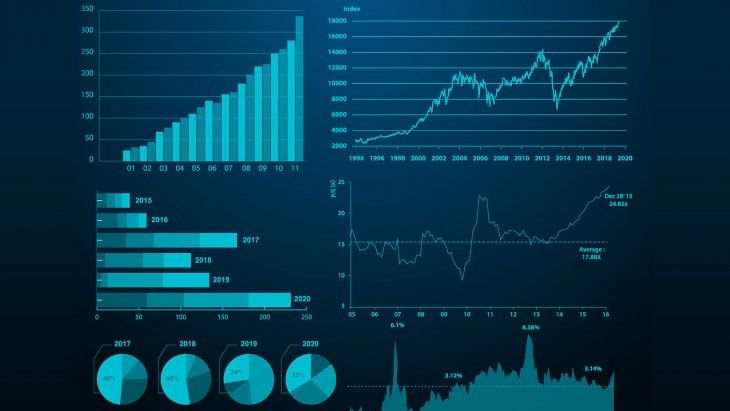
Modern Portfolio Theory
Portfolio management theory.


Portfolio: Using Python
Portfolio management.


Risk-Return Tradeoff
Volatility and return.


EMH
Efficient Market Hypothesis


Sharpe Ratio
An calculation to analyze risk.


Mean, Var., Cov.
Mean, variance, covariance.

Section Five
“De-Fi”

Initial Coin Offering (ICO)
IPO in De-Fi world.


PoW, PoS
Proof of work/stake.


DAO & dAPP
Organizations in De-Fi.


Blockchain
Tech behind De-Fi.


Decentralized Finance
Intro to De-Fi.


Decentralization
Intro to decentralization.


Smart Contract
"Monitor" in De-Fi.


NFT
Non-fungible token.


Cryptocurrency
Part I: Applications of De-Fi


Hash
Secure feature of De-Fi.


Yield Farming
De-Fi trading strategy.


Decentralized Derivatives
Part II: Applications of De-Fi


51% Attack
Potential danger in De-Fi.


Metaverse
Part III: Applications of De-Fi

Section Six
“ESG”
Section Seven
“OTHER”
